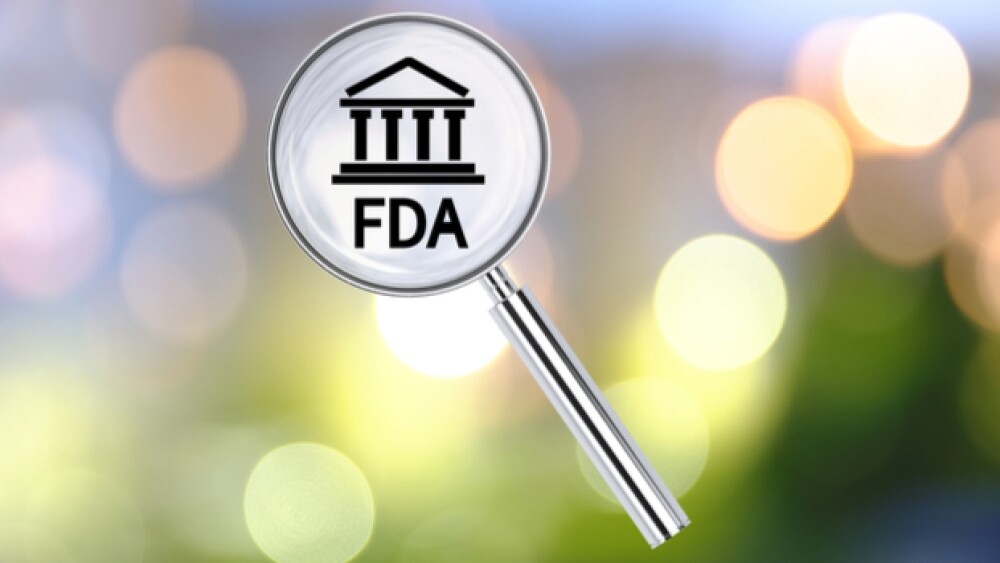The FDA noted some concerns over the drug’s safety profile. Treatment with selinexor is associated with significant toxicity, the agency noted in its materials.
Shares of Karyopharm Therapeutics plunged nearly 40 percent in trading Friday after the U.S. Food and Drug Administration (FDA) released briefing materials ahead of next week’s advisory committee meeting for the company’s experimental multiple myeloma treatment.
The briefing materials indicate that Newton, Mass.-based Karyopharm faces much longer odds of seeing selinexor, a first-in-class, oral Selective Inhibitor of Nuclear Export (SINE) compound, approved for the treatment of patients with penta-refractory multiple myeloma. The company is seeking approval of the drug for patients who have received at least three prior therapies. The company’s New Drug Application is based on data from the Phase IIb STORM trial that included 123 patients with RRMM who had received at least three prior treatments. Trial data showed an overall response rate of 25.4 percent, which included 23 patients who experience a partial response.
When the FDA accepted Karyopharm’s New Drug Application, the regulatory agency granted the company priority review and assigned an action date of April 6, 2019, under the Prescription Drug User-Fee Act.
In its briefing materials, the FDA noted some concerns over the drug’s safety profile. Treatment with selinexor is associated with significant toxicity, the FDA said. According to the FDA packet, 23 patients in the trial died within 30 days of study treatment. Of those, 13 died due to disease progression and 10 were due to a fatal treatment-emergent adverse event (TEAE). The FDA noted that all patients in the trial experienced at least one TEAE. The data shows that 93.5 percent of patients experienced at least one severe TEAE and 60.2 percent experienced at least one serious adverse event. Most patients, 88.6 percent, required at least one dose modification due to a TEAE and 28.5 percent of patients permanently discontinued study treatment because of a TEAE, the data shows.
Additionally, the FDA briefing packet noted that the proposed starting dose for the patients was not well tolerated and that the data indicates dose-limiting toxicity.
In addition to the safety concerns, the FDA also raised issues with the trial design, which did not include a control group. The STORM trial was a single arm trial evaluating the combination of selinexor and dexamethasone.
“Given that historical studies have shown response rates of 10 to 27 percent to high-dose dexamethasone for RRMM and selinexor did not demonstrate single-agent activity in RRMM in the phase I trial KCP-330-001, it is difficult to isolate the treatment effect of selinexor,” the briefing document said.
The FDA noted that treatment of RRMM is tricky, primarily because the duration of remission shortens with each subsequent line of therapy, and patients who become refractory to the major classes of available anti-myeloma therapies have very poor outcomes, the FDA said. Nine drugs are approved specifically for the treatment of RRMM, and four new drugs or biologics have been approved since 2015
While the stock cratered on Friday, shares have regained some of the losses since the market opened this morning. The stock is up about 5 percent as of 9:44 a.m. EST.





